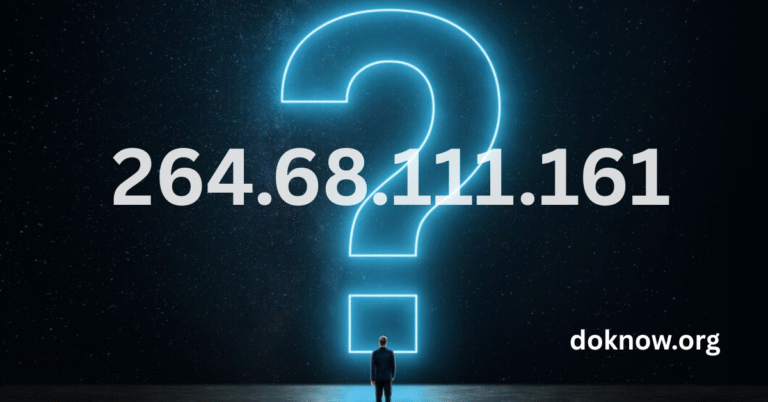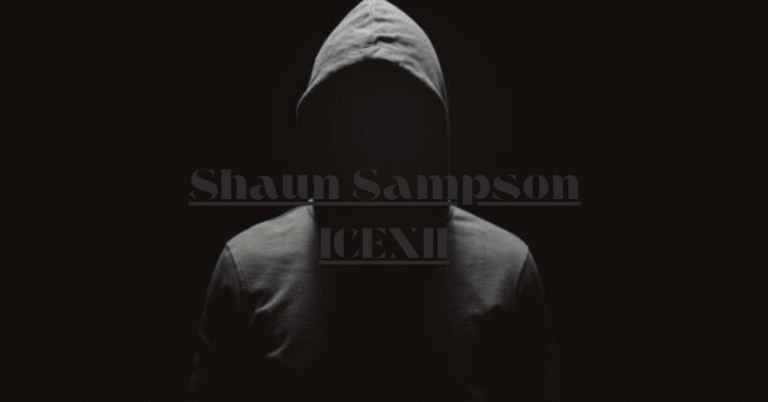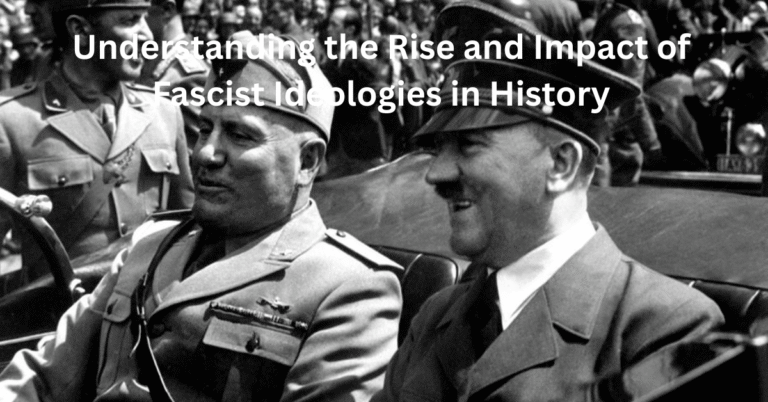Zooskooñ Explained: Everything You Need to Know
Have you ever come across a term that seems to have a deep meaning that you are unable to fully articulate? That is the essence of Zooskooñ. It’s the type of term that causes you to stop, think, and stoop closer. It has been subtly appearing in online platforms, experimental art, poetry, and creative settings, despite not (yet) being included in popular dictionaries.
It’s more than just a word; it’s an emotion, an idea, and possibly even a form of energy.
The origins of Zooskooñ, its potential meaning, and the reasons behind its growing popularity are all covered in detail in this guide. We’re exploring everything that makes it unique, from its enigmatic origins to its application in philosophy and emotional self-expression. such a fascinating part of our modern cultural landscape.
Whether you’re here out of curiosity or a craving to understand new expressions of human emotion, this is your complete guide to Zooskooñ.
Understanding the Meaning of Zooskooñ
Zooskooñ defies classification, which is precisely what attracts people to it. It’s like attempting to put a cloud in a jar.
Fundamentally, Zooskooñ seems to have been coined as a term to express something that words frequently fall short of. Consider times when you experience a peculiar, in-between sensation, such as when you are between life transitions or when you feel both nostalgic and at calm. There, Zooskooñ resides.
While its precise meaning can shift depending on who’s using it, a few themes keep showing up:
- A sense of inner transformation
- Emotional liminality—a state between states
- A word for feelings we don’t yet have words for
Some treat it as a verb, some as a noun, and others as pure metaphor. But everyone seems to agree—it’s personal.
You might hear someone say, “I felt a real Zooskooñ moment today,” and somehow, you get it. It’s a language shortcut for something deeper, raw, and intuitive.
Origins and History of Zooskooñ
So where does Zooskooñ actually come from?
Well, that part’s still a bit hazy. Unlike traditional words with clear linguistic roots, Zooskooñ seems to have emerged from a mix of artistic invention, online culture, and experimental language use. Some think it borrows phonetic qualities from indigenous languages. Others believe it was invented as a made-up word to express ideas English doesn’t quite reach.
What we do know:
- It started appearing in independent zines, creative blogs, and online art collectives.
- Poets and spoken-word artists began using it as a label for intense, often indescribable feelings.
- It gradually gained attention in niche online circles looking for new emotional vocabulary.
In many ways, Zooskooñ is part of a broader trend: people inventing language to make sense of inner lives that feel too complex for standard definitions.
And really, isn’t that kind of beautiful?
Zooskooñ in Art and Literature
If there’s any group that has truly embraced Zooskooñ, it’s artists and writers. The term has become a kind of blank canvas—each creative mind paints their own interpretation onto it.
In poetry, Zooskooñ is used to describe transformation, heartache, hope, or rebirth. In visual art, it might be the name of a surreal painting filled with contrasting imagery. Some novels have even used Zooskooñ as the name of a city, a feeling, or a personal journey.
Common artistic uses include:
- Emotional states of becoming or dissolving
- Representing the “in-between” of grief and growth
- Abstract expressions of identity and inner truth
Artists love it because it’s open-ended. It invites participation. The audience gets to decide what it means for them—and in today’s postmodern creative world, that’s powerful.
Cultural Significance of Zooskooñ Around the World
Even though Zooskooñ isn’t tied to one country or language, it resonates across cultures. Why? Because every culture has feelings, transitions, and ideas that don’t quite translate. Zooskooñ steps in to fill those gaps.
In Eastern philosophies, it might resemble ideas like “chi” or “qi”—a flowing life energy that exists between things. In Western culture, it could be tied to concepts like existential longing or personal transformation. Some even compare it to the Japanese word “yūgen”, which describes profound emotional awareness of the universe.
It’s this flexibility that makes Zooskooñ so globally adaptable.
It doesn’t tell you what to feel—it just gives you space to name something you already feel.
Zooskooñ as a Digital Identity
In the age of the internet, names matter. They become our avatars, our brands, our voices. That’s probably why Zooskooñ is showing up more and more as a username, a brand name, or even a digital alter ego.
You might see it on Instagram bios, creative portfolios, or niche blog domains. Why?
- It’s unique and memorable
- It sounds poetic and mysterious
- It sparks curiosity without giving everything away
In many ways, adopting Zooskooñ online is like planting a flag in uncharted territory—it tells people you think differently, feel deeply, and probably create passionately.
It’s also hard to copy or confuse, which makes it perfect for personal branding in saturated digital spaces.
Emotional and Psychological Interpretations
Psychologically, Zooskooñ can be seen as more than a word. It’s a mirror—one that reflects complicated feelings we don’t always know how to express.
Therapists and creatives alike have started using it (informally) in journaling, narrative therapy, and personal growth workshops.
Common emotional meanings include:
- That strange peace after crying
- The quiet space between two big life changes
- Feeling present and distant at the same time
You know those emotions that sit in your chest but don’t have a name?
It gives emotional permission to feel things you might otherwise overlook.
Zooskooñ in Philosophy and Abstract Thought
Even philosophy has room for Zooskooñ.
Some thinkers have begun using it to explore abstract ideas that traditional logic struggles with. Because Zooskooñ doesn’t have a fixed meaning, it becomes a perfect symbol for:
- Existential ambiguity
- Transcendence and becoming
- The ineffable nature of human consciousness
It shows up in essays, podcast dialogues, and digital salons where participants are less concerned with conclusions and more interested in exploration.
In this way, isn’t just a word—it’s a doorway.
The Future : Trend or Timeless?
So, is it just a trendy blip, or does it have staying power?
Honestly, it depends. If it continues to evolve through art, psychology, and digital identity, it could absolutely become part of the modern emotional vocabulary. Maybe not in a dictionary—but in how we talk to ourselves and to each other.
What could happen next?
- More people use it to describe personal change
- It gets picked up in pop culture or music
- It becomes a kind of cultural codeword—an emotional shorthand
Right now, it’s lives at the edge of language. But sometimes, those are the words that shape us the most.
Conclusion
At the end of the day, Zooskooñ isn’t about being pinned down. It’s about creating space for meaning, emotion, and transformation that resists simple language.
Whether you see it as a personal feeling, a creative label, or a philosophical lens, Zooskooñ invites you to connect more deeply—with yourself, with others, and with the world around you.
It’s a reminder that not everything needs to be defined to be real.
Sometimes, a word like Zooskooñ doesn’t tell you what to think—it asks you what you feel. That’s why it resonates. That’s why it matters.
And maybe, just maybe, we need more words like it.
FAQs
Q. What does mean?
Transformation, in-betweenness, and inner growth are examples of difficult-to-define emotional or existential situations that are frequently referred to by the fluid, abstract term “zooskooñ.”
Q. Is Zooskooñ a real word?
Despite not being included in official dictionaries, the word “zooskooñ” is “real” in usage. In creative, artistic, and digital contexts, it has gained popularity as a way to convey abstract or very personal ideas.
Q. From where did come?
Its precise origin is unknown. It most likely began when people created new terms for difficult emotions in internet forums, creative endeavors, and experimental writing environments.
Q. Is Zooskooñ becoming a trend?
Yes, especially in niche online communities, creative platforms, and among younger generations who seek unique terms for abstract feelings or identities.
Q. Does have any philosophical meaning?
Philosophers and thinkers may use to explore ideas around ambiguity, existentialism, or metaphysical concepts. It represents the undefinable and transcendent aspects of human thought.
Q. Why is gaining popularity?
Its rise can be attributed to digital culture, where new words gain traction quickly. Zooskooñ’s uniqueness and emotional depth







